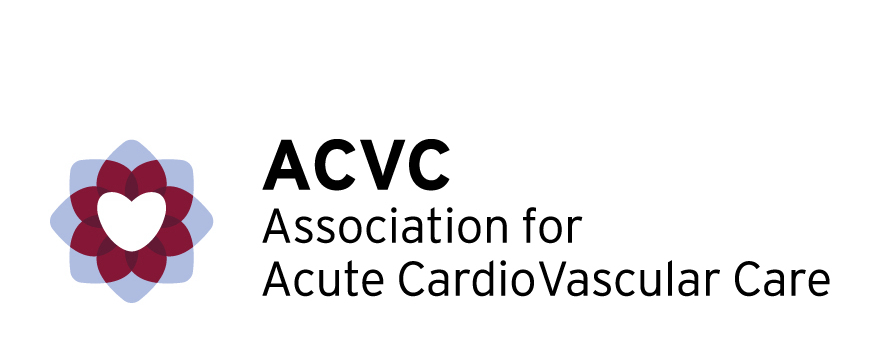Weight control is an effective way to reduce cardiovascular risk in obese and overweight people
Obesity and overweight – especially belly fat – are linked to a higher risk of heart diseases. Weight loss reduces the risk of dying from heart disease. It also helps prevent or control diabetes, high blood pressure and high cholesterol and contributes to averting cardiovascular diseases. Weight loss can be achieved by eating less and being more active.

Obesity is a severe chronic disease of epidemic and global proportions. About 1.5 billion adults worldwide are overweight and, of those, 200 million men and 300 million women are obese. These values have doubled since 1980.
Overweight and obesity are measuring using body mass index (BMI). Obtain your BMI by dividing your weight in kg by your height in metres squared (kg/m2) as shown below:
- For a man, 77 kg and 1,70m, BMI is 77/(1,70 x 1,70) = 26,6
- For a woman, 63kg and 1,65m, BMI is 63/(1,65 x 1,65) = 23,1.
Classification of overweight and obesity by body mass index (1)
| Obesity Class | BMI (kg/m2) or (pounds/inches) | |
| Underweight | < 18.5 | |
| Normal | 18.5 – 24.9 | |
| Overweight | 25.0 – 29.9 | |
| Obesity | I | 30.0 – 34.9 |
| II | 35.0 – 39.9 | |
| Extreme Obesity | III | ≥ 40 |
Obese and overweight people have a higher chance of heart attacks and strokes. Belly fat in particular is linked to other cardiovascular risk factors such as diabetes, hypertension, increased heart mass, and high cholesterol. All of these risk factors lead to build up of cholesterol in the arteries, causing plaques to grow. These plaques may eventually partially or fully obstruct an artery supplying blood to the heart, causing a heart attack, or an artery supplying blood to the brain, causing a stroke.
Weight loss reduces the likelihood of premature death by around 20%. In obese or overweight patients with diabetes, losing 10% of bodyweight reduces the chance of heart attack, stroke, or premature death by 20% to 25%.
Most people can lose weight with lifestyle changes, but in some cases drugs and surgery may help. Reducing energy intake by 20% to 25% and being physically active (see other chapters) helps prevent or control diabetes, high blood pressure and high cholesterol. What you eat is also important. Emphasise fruits and vegetables, legumes, nuts and whole grains, and limit sugars and animal fat. This approach will bring weight down and protect against heart disease.
When obesity is severe, surgery may be an option and needs to be carefully assessed in a specialised centre.



